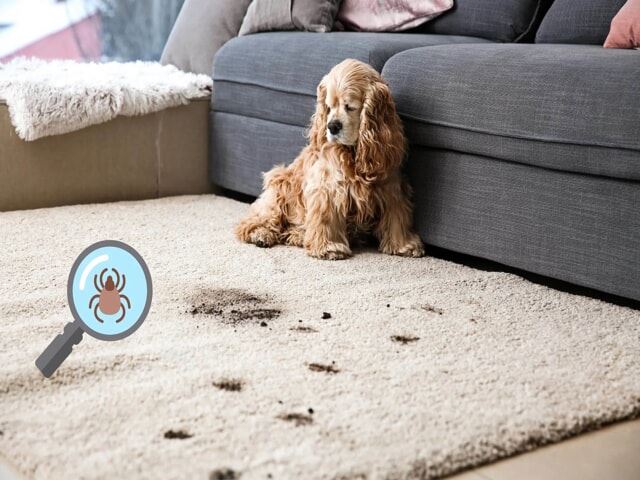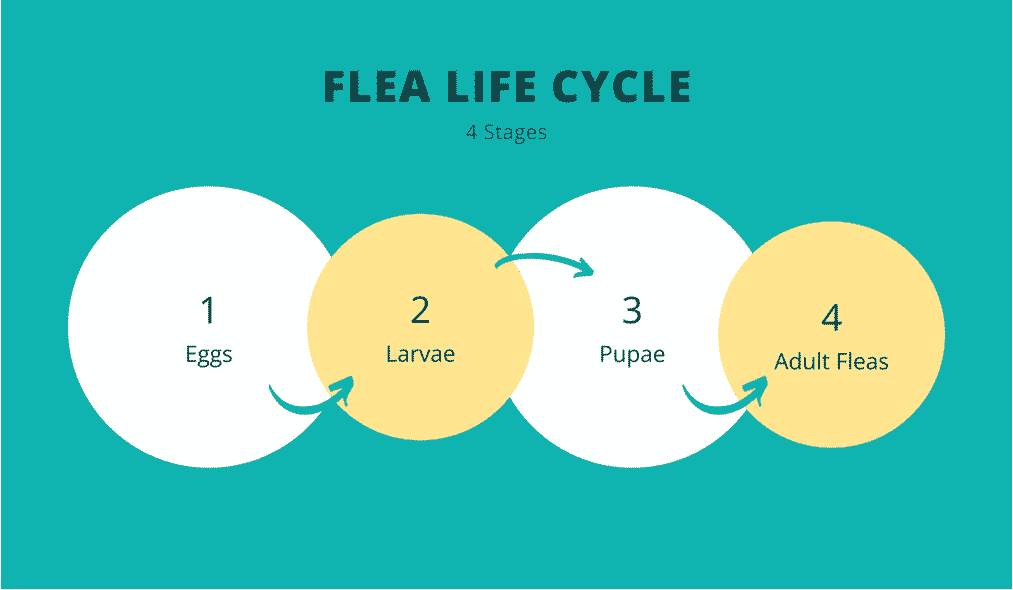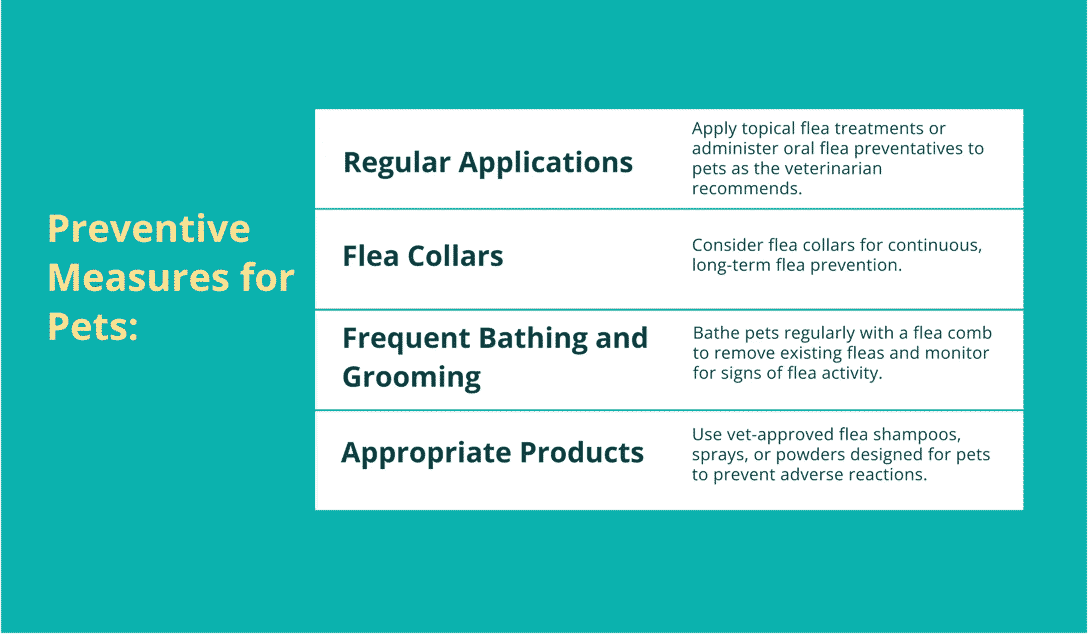Flea Season in Florida: When It Is and How to Prepare

Florida's warm and humid climate creates a hospitable environment for fleas to thrive year-round.
However, it's between early spring and late fall that flea activity indeed escalates due to the ideal combination of warmth and moisture.
Keep reading to equip yourself with valuable information to protect your pets and household from these unwelcome guests.
Key Takeaways
- Flea season in Florida may extend year-round due to the state's warm and humid climate, with peak activity from April to September.
- Comprehensive flea prevention involves treating pets with vet-recommended products and maintaining environmental cleanliness.
- Professionals come equipped with specialized knowledge and tools to target fleas and ticks efficiently for complete elimination and prevention.
What Is Flea Season in Florida?
In Florida, flea season can stretch year-round due to the state's warm climate. However, fleas are most active during the warmer months, between April and September.
Peak Months of Activity
Understanding the seasonal fluctuations in flea activity is crucial for effective prevention and control strategies.
Below is a table highlighting the peak months of pest activity in Florida.
Month | Activity Level |
January | Low |
February | Low |
March | Moderate |
April | High |
May | High |
June | High |
July | High |
August | High |
September | High |
October | Moderate |
November | Low |
December | Low |
Favorable Conditions for Florida Fleas
Together with tick season, here are the factors influencing flea season in Florida:
- Temperature: Fleas thrive in warm weather. Florida's average temperature during the spring and summer months creates an ideal environment for fleas.
- Humidity: High humidity is another condition that fleas love. Florida's humid climate promotes flea activity.
- Winter: Florida's winter months are generally mild. While flea activity may decrease, it does not stop during these colder months.
- Spring and Fall: These transitional seasons often provide warm and humid conditions conducive to sustaining and increasing flea populations.
Flea Life Cycle

- Eggs: Flea eggs are laid by adult females and are typically found in pet bedding, carpets, or soil.
- Larvae: After hatching, larvae feed on organic debris, feces of adult fleas, and other material available in their environment.
- Pupae: Larvae develop into pupae within silky cocoons, often in carpets or soil. This stage can lay dormant for weeks to months.
- Adult Fleas: Once environmental conditions are right, adult fleas emerge from cocoons, ready to feed and reproduce.
Preparing and Preventing Fleas
Effective flea and tick prevention and control hinge on integrated approaches to get rid of fleas on pets and the environment.
Preventive Measures for Pets

- Regular Applications: Apply topical flea treatments or administer oral flea preventatives to pets as the veterinarian recommends.
- Flea Collars: Consider flea collars for continuous, long-term flea prevention.
- Frequent Bathing and Grooming: Bathe pets regularly with a flea comb to remove existing fleas and monitor for signs of flea activity.
- Appropriate Products: Use vet-approved flea shampoos, sprays, or powders designed for pets to prevent adverse reactions.
Environmental Control Strategies
- Yard Maintenance: Keep tall grass and shrubs trimmed to reduce wooded areas as flea habitats and discourage wildlife that may carry fleas into the yard.
- Indoor Cleanliness: Regularly vacuum carpets, furniture, and pet bedding to eliminate fleas and flea eggs.
- Safe Sprays: Treat indoor and outdoor spaces with safe and environmentally friendly flea control sprays.
- Dehumidify: Maintain a dry indoor environment since fleas require high humidity to survive. Use dehumidifiers if needed.
When to Consider Calling in the Pest Control Experts
The warm climate in Florida can lead to year-round flea problems in homes and pets. Sometimes, despite diligent efforts in flea prevention, an infestation can get out of hand. It is the moment to consider professional pest control companies (like us here at Native Pest Management).
Professionals come equipped with specialized knowledge and tools to efficiently target adult ticks, fleas, and larvae.
